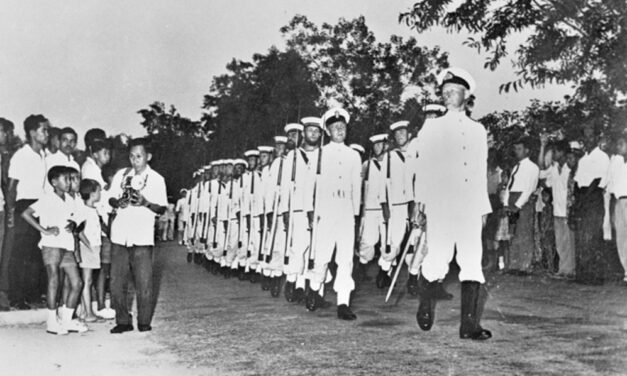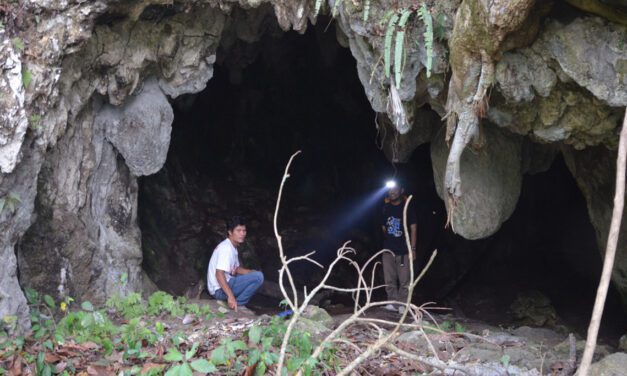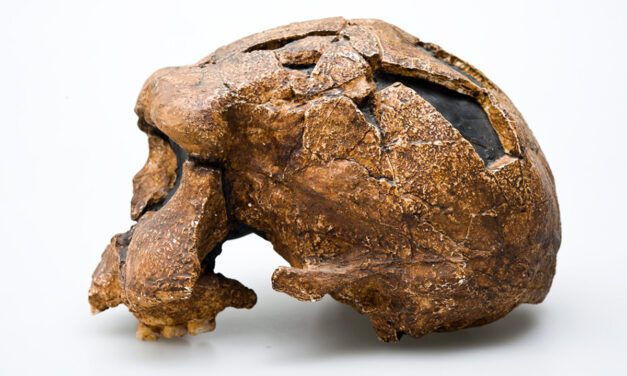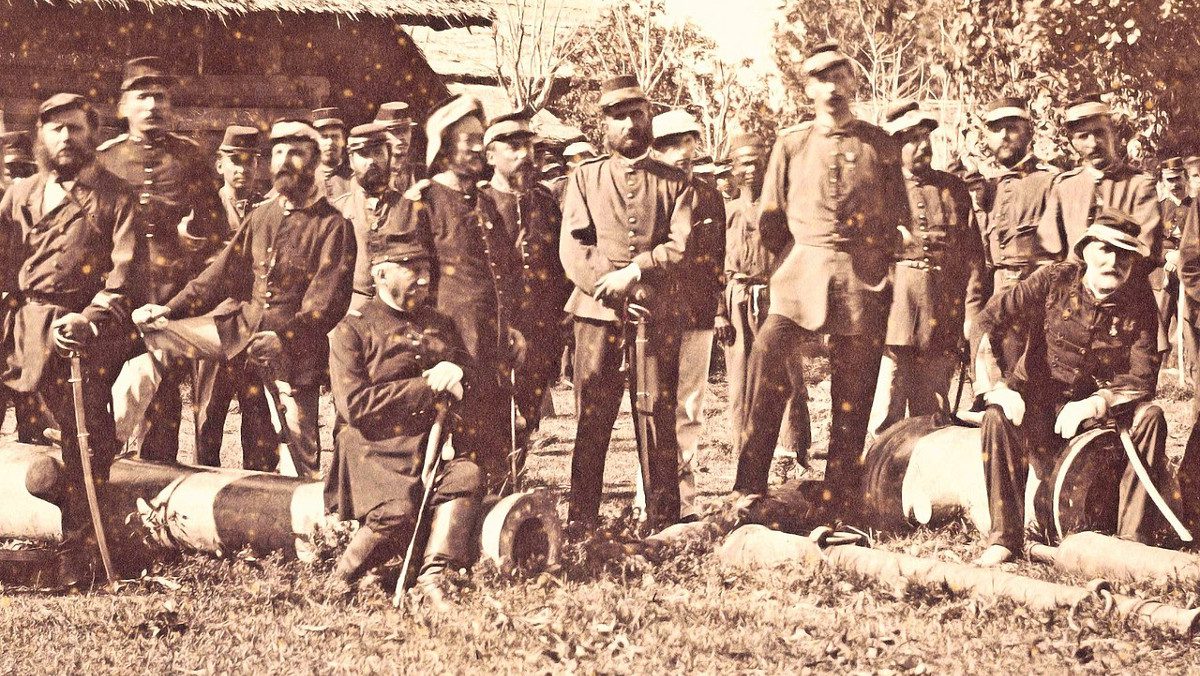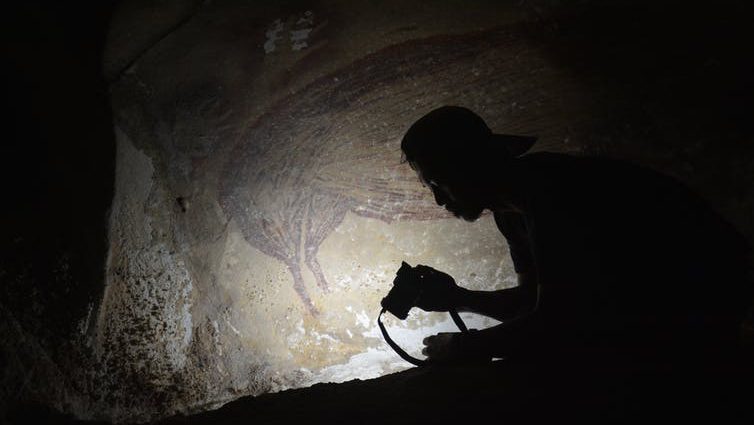How the world failed West Papua in its campaign for independence
Reading time: 6 minutes
At the UN, West Papuan activists sought the support of African delegates who they believed were likely allies. They argued West Papua and Africa shared a history of racial oppression and a desire to see the end of colonialism in all its forms.




